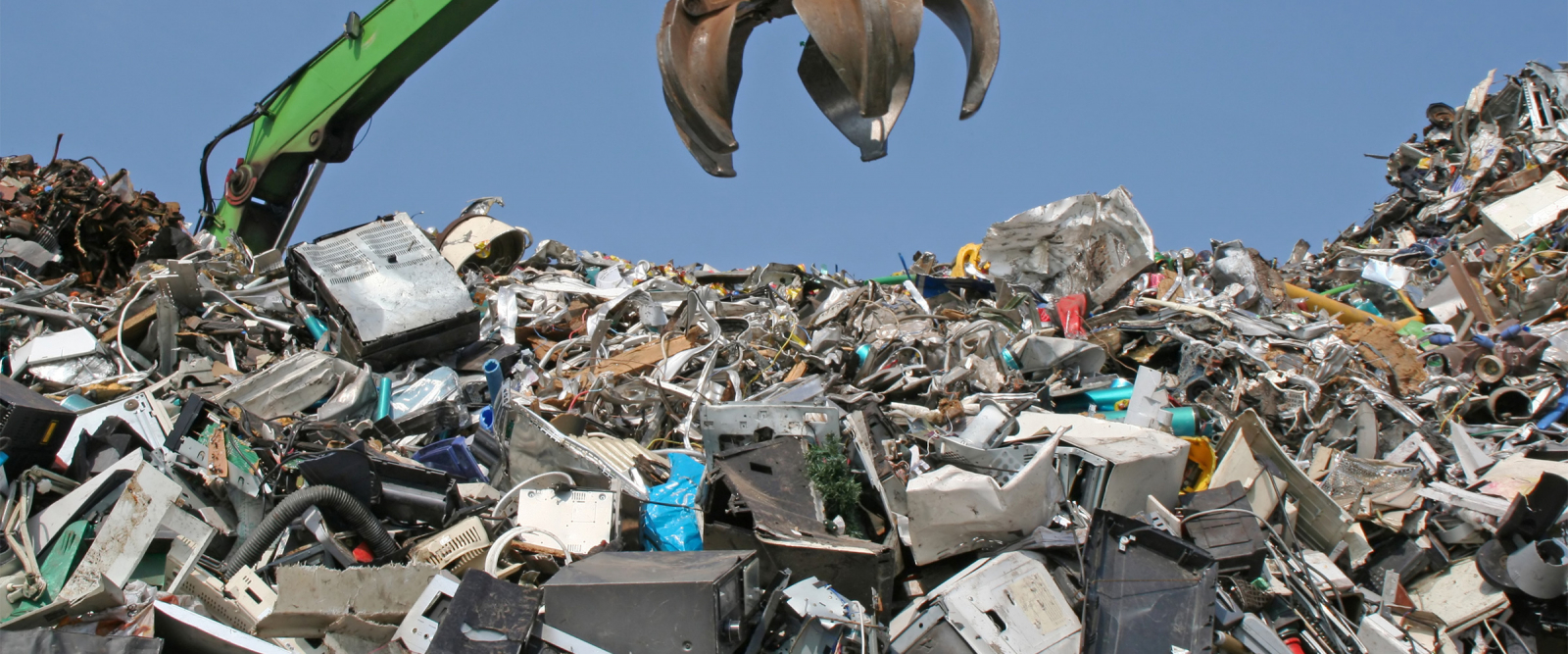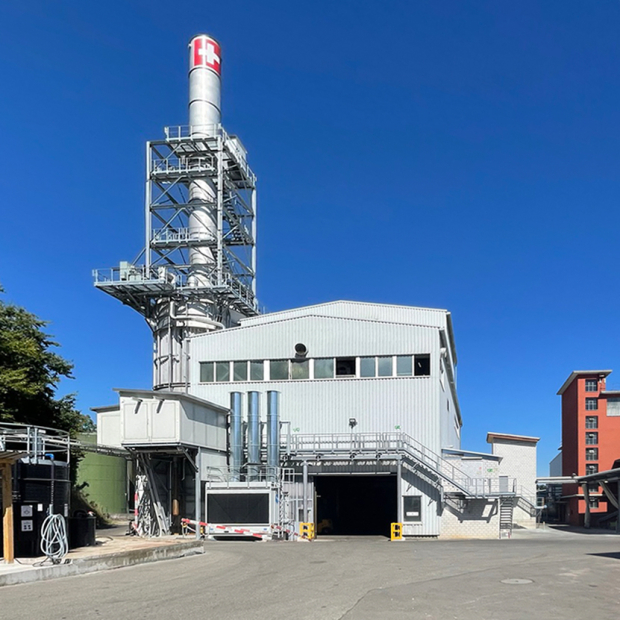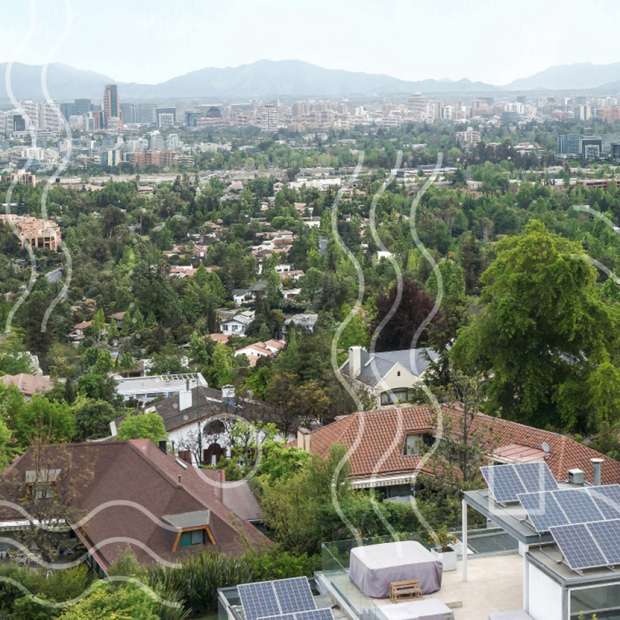

e-RECMET: Recovery of critical metals from electronic waste
The aim of the project is to examine the technical and organizational conditions that need to be met to secure the feasibility of electronic waste recycling. Working on behalf of a project group led by the Swiss Federal Laboratories for Materials Science and Technology (EMPA) and the Institute of Environmental and Process Engineering (UMTEC), EBP provided support in the analysis of the ecological impact associated with the recovery and primary extraction of indium and neodymium based on Life Cycle Analysis.
Electronic waste has been collected and recycled in Switzerland for around 20 years. While base and precious metals are recovered from more than 120,000 tons of electronic waste every year, efforts are typically not made to re-channel critical metals such as indium and rare earths back into the materials cycle. In addition to a lack of information and economic incentives, there are also straightforward technological reasons for this. After all, the metals that are used in products such as flat screens and earphones are often present in no more than minute concentrations.
In the framework of the e-RECMET project, indium and neodymium were used to examine the ecological impact of recovering critical metals from electronic waste. The project was conducted by a consortium consisting of EMPA, the Swiss University of Applied Sciences in Rapperswil and EBP. EBP’s role in the project was to compare the ecological impact of recovery and primary extraction. The results of the comparison show that, depending on the particular processes used, the ecological impact of recovering both indium and neodymium from electronic waste is lower than or equal to primary extraction. Final Report PDF (only available in German).









